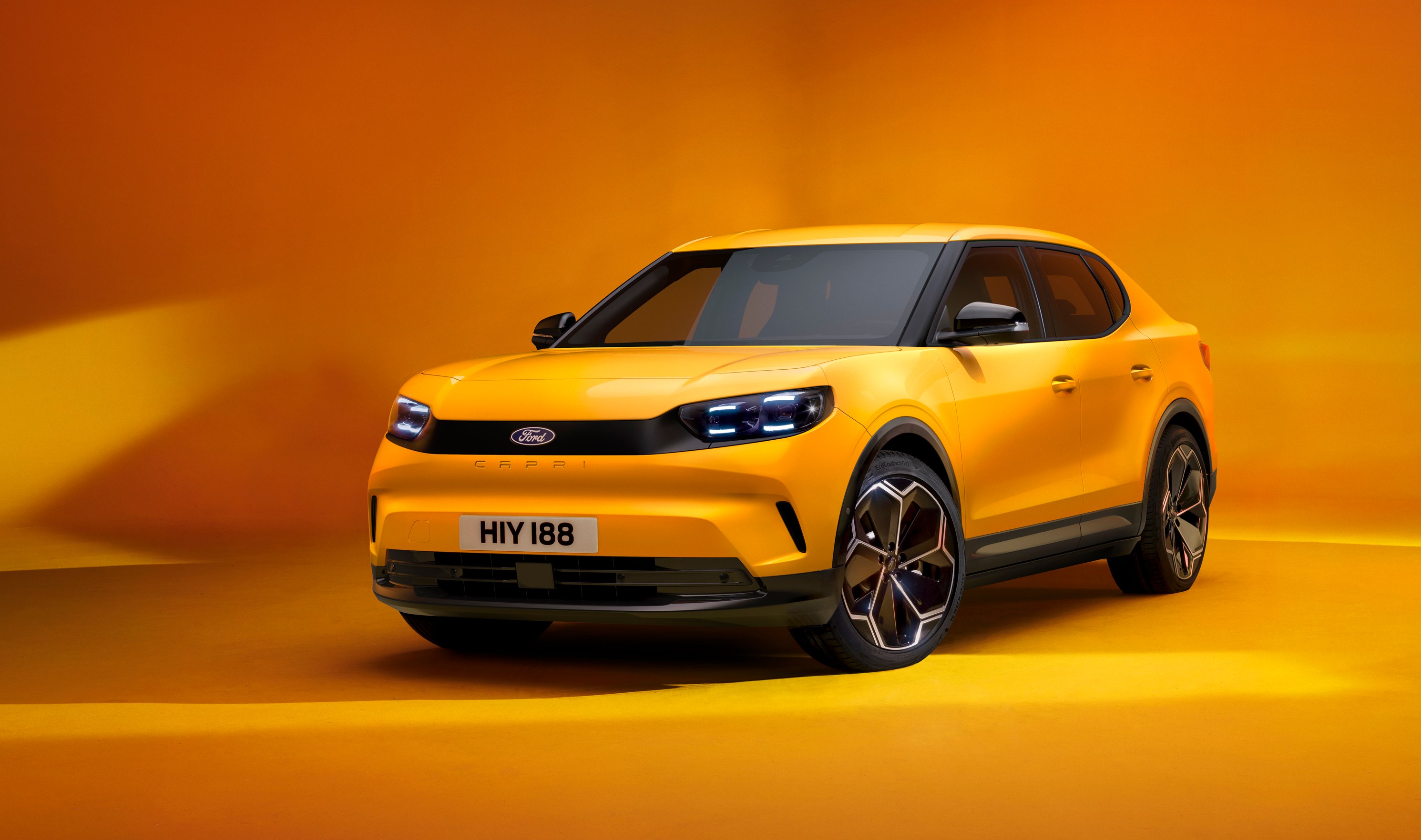Ford and Vauxhall Face Challenges in Achieving Electric Vehicle Targets
Ford and Vauxhall are experiencing significant declines in their electric vehicle sales, leading to a notable drop in market share for these iconic British automotive brands, which have long dominated the UK market.
This week, Vertu Motors, the largest publicly traded automotive dealer in the UK, reported difficulties in acquiring popular petrol and hybrid vehicles from certain manufacturers. These companies are limiting supply in an effort to meet the statutory zero-emission vehicle (ZEV) mandates and avoid substantial financial penalties.
The current regulations stipulate that car manufacturers must sell 22 percent of their vehicles as all-electric by 2024. Failing to meet this requirement could result in fines of £15,000 for each car that falls short of the quota.
Recent sales data released this week highlights the struggles faced by Ford, whose electric vehicle sales represent only 3 percent of its overall deliveries this year. Vauxhall is faring slightly better, with 10 percent of its sales comprising all-electric cars.
In response to these challenges, both Ford and Vauxhall have announced plans to reduce the supply of petrol and diesel vehicles in the UK to bolster their electric vehicle sales.
Ford, once the preeminent brand in the UK automotive market, has seen its market share decline to 5.5 percent as it is overtaken by competitors such as Volkswagen, BMW, Audi, and South Korean brand Kia.

Vauxhall, which has historically been the second most popular brand in the UK automotive market since the 1970s, has also experienced a substantial decline, now capturing just 4.5 percent of the market. Four decades ago, Ford and Vauxhall together comprised nearly half of the UK automotive retail landscape.
This year, Ford’s new car sales have plummeted by 23 percent, while Vauxhall’s sales have decreased by 10 percent, in stark contrast to an overall market growth of 5.5 percent year-on-year.
Robert Forrester, CEO of Vertu Motors, remarked this week: “Manufacturers are restricting the supply of petrol and hybrid vehicles to align with the ZEV targets, which limits our ability to meet consumer demand for these cars.”
One industry executive suggested that the situation might deteriorate further. “Starting in 2025, the ZEV mandate increases to 28 percent of total sales. Several manufacturers are recognizing the difficulty in meeting these targets and are conceding defeat,” they said.
Nevertheless, not all automakers are struggling to meet the ZEV requirements. Reports suggest that BMW is currently selling 30 percent of its vehicles in the UK as electric, potentially positioning itself to surpass Tesla as the leading seller of zero-emission vehicles in the country by year’s end. Similarly, Mercedes-Benz is believed to be achieving about 25 percent of its sales in electric vehicles.
The success of these German brands is largely attributed to their strong presence in the corporate car and fleet markets, where electric vehicle sales have thrived, supported by tax incentives and salary-sacrifice programs.
However, electric vehicle sales to private buyers are facing hurdles, as government financial incentives have been eliminated, electric vehicle prices remain higher than petrol counterparts, and UK consumers are dealing with inflation and elevated interest rates.






